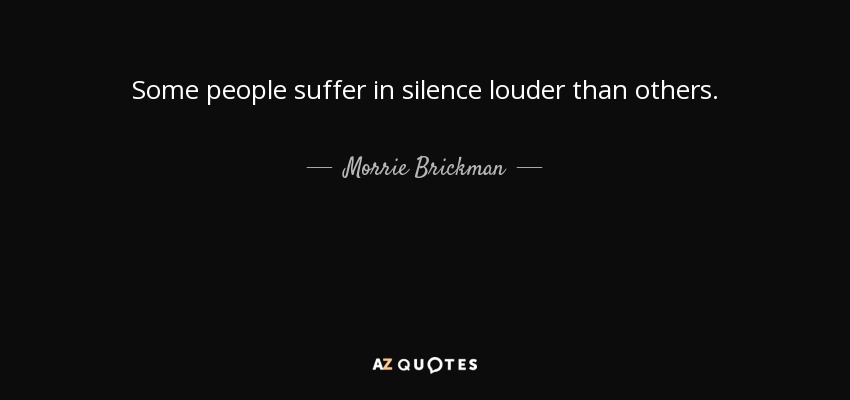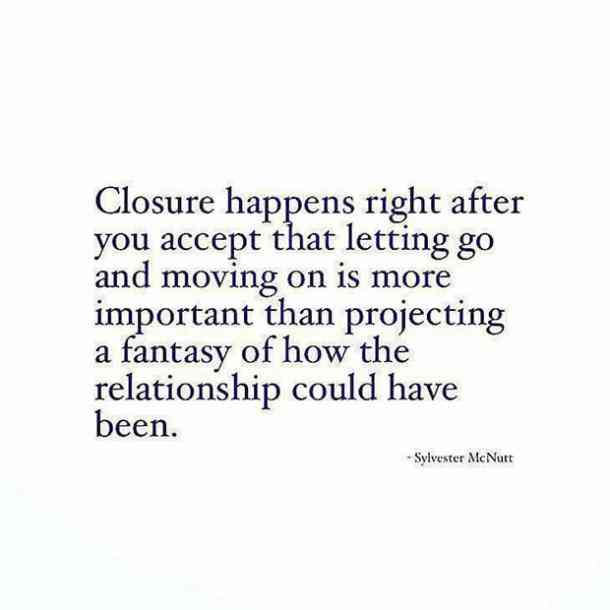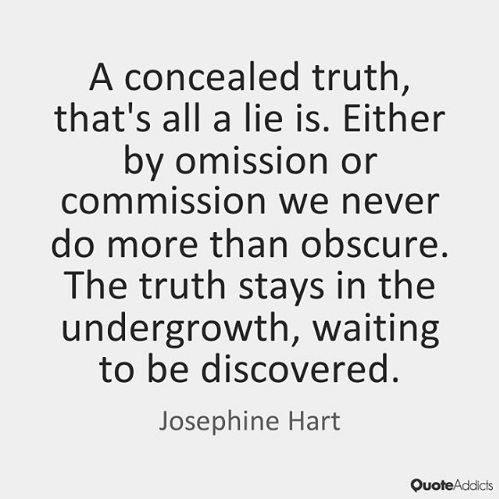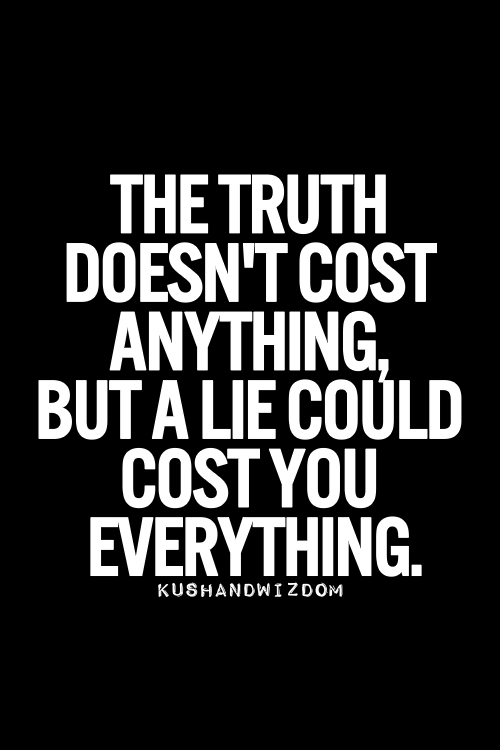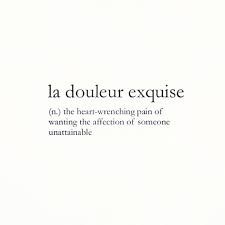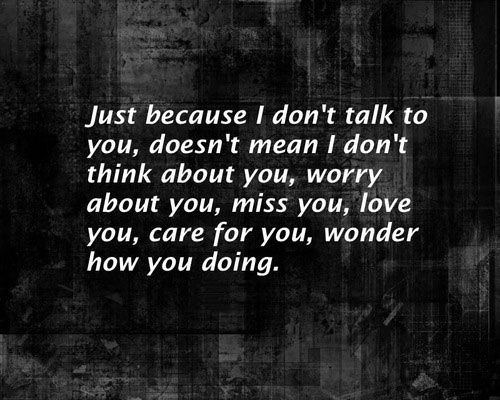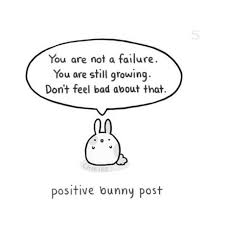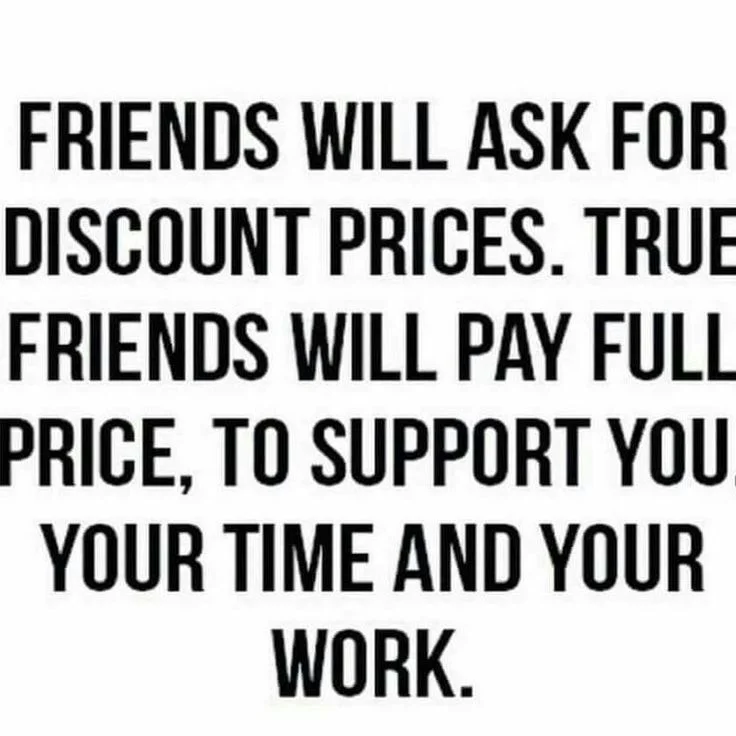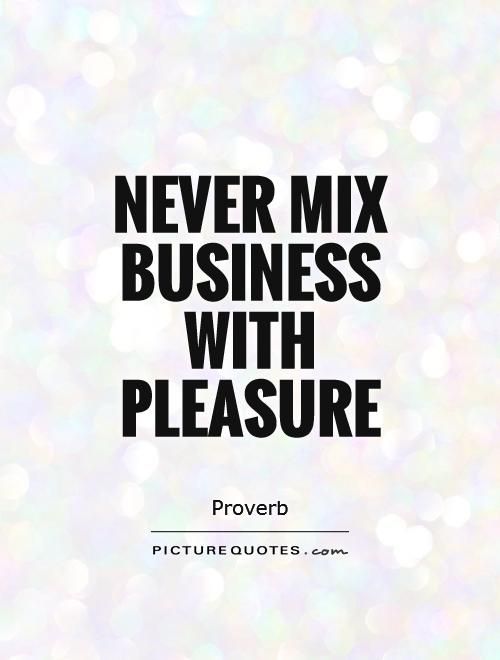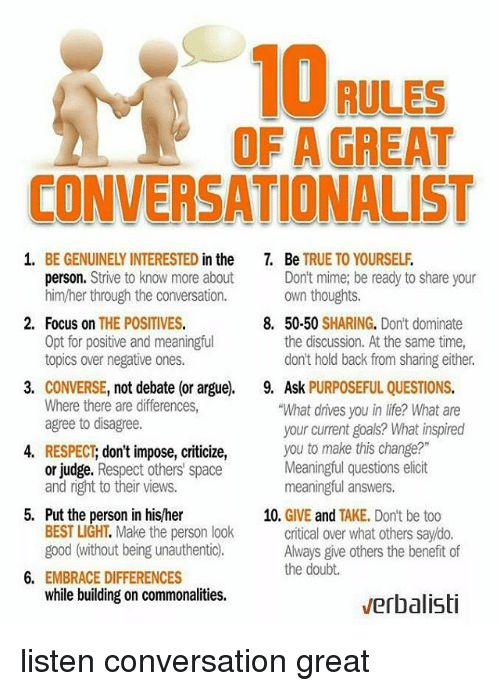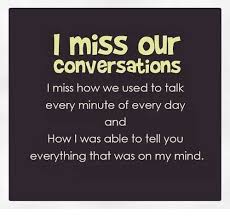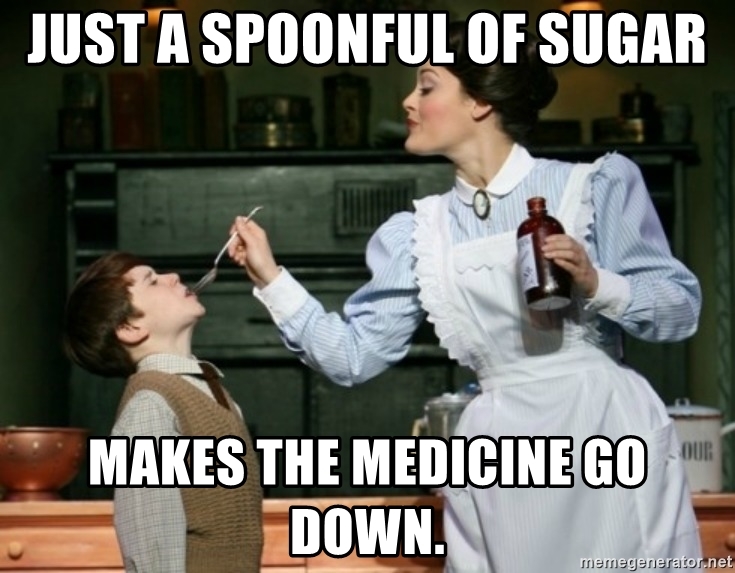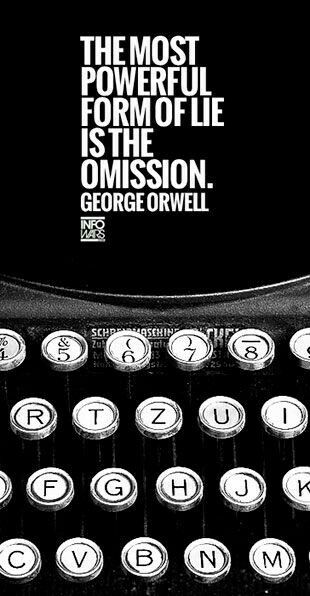A few weeks ago I wrote the post “Is Omission An Omen” which pertained to the things we cannot or do not tell a close friend. In the post I referenced a situation where I found out some information that made me question the validity of my friendships with the people involved. In that post I felt that the omissions were a lie, and I took it very personally that my friends had chosen to keep me in the dark, even if their intentions were not to hurt my feelings.
I also noted in that post that I have in fact omitted certain things from friends too, so I could not say I didn’t understand, only that, at the time, that reflection did not help me forgive and forget. I wanted to expand on that further today and explore the reasons I have omitted facts from friends, or why they have chosen to omit facts from me. I wanted to do this because it is so easy to take it personally when you are the last to know, and easily question the validity or closeness of your friendship, which isn’t always justified.
Take my friends who are currently online dating, for example. Some of them are just more naturally private about these details, wanting to nurture a connection with someone and seeing if it becomes anything worth talking about before they choose to share much about it. Others feel like they have had so many first dates and so few second ones that they feel embarrassed to keep on spelling out all the details. They worry that they will seem like failures, not because I will judge them necessarily, but because they are judging themselves. These friends may be having coffee dates or one night stands, it’s really not the point, the point is their choice not to disclose this information is not about myself, or a reflection on our friendship. If they choose to share, with me, with others or with nobody at all is personal.
Timing. Sometimes it really is that simple. If a friend had a crisis or celebration or any big news to share, the chances are high that they chose to turn to whomever was closest at the time to celebrate or commiserate, or for support. We all lead busy lives. If you only see your friend once a month for example, and she wanted to talk to you about it in person, it is unreasonable to expect that she would sit on it alone for a month so you can be the first to know. You may argue that she could have scheduled something in sooner, which is true…. Or maybe she tried and you were unavailable? Either way the timing of the circumstances dictated who she told at what time.
Speaking of circumstances, let’s not forget that these are important. If your friend has found herself in some circumstances that she isn’t particularly proud of, she may choose not to tell you, for fear of judgement. She will want to preserve the image you have of her at all costs, and if she feels the information wont sit well with you then she is unlikely to mention it. For example, if your marriage has just ended because your spouse cheated on you, and she has taken up an affair with a married person, you can safely assume that it wont come up in conversation. This isn’t an indication that she does not value your friendship, moreso that she values your opinion of her and doesn’t want that to change or for her actions to trigger you. Basically she is worried you may change how you see and feel about her and choose not to be her friend, or that your circumstances will prevent you from being “the right friend” for that conversation.
There may be reasons that you weren’t the right person, or that someone else was.
These are all examples of sitautions whereby the omission is not intended to be hurtful to the party who wasn’t told, and isn’t an indication that your friendship has lost value. However, it is also possible that your friend has tried to talk to you before about things, and she found your comments hurtful, abrasive, uninterested or not comforting and understanding. Say for example she disclosed she was suffering with mental health issues, and you didn’t ask more questions, check in regularly to see if she was ok, or suggested getting out in the sun may help before changing the subject. If so, she may have already lost faith in your ability to support her in the way she needs. This will indeed make her pull away and talk to other people instead of you, and the chances are high that your friendship is not as close as you thought. Nor as close as she hoped… Not anymore anyway!
Sadly, things like this happen all the time, and these small issues can run so deep they start cracking the foundations the friendship was built on…. And more often than not, the person who felt unheard then didn’t address the issue, because suddenly they felt unable to get through to you. This is one of the main reasons I advise people to know their audience and surround themselves with the people that truly hear them, including the things they say and the things they do not say. When you have those core people, you can more easily still enjoy more casual or less intimate friendships because your core needs to be seen, heard and understood are being met.
In my situation, I was excluded from a girls weekend away, and I was hurt by that. Although I knew that my friends knew I would be hurt and I understood that this is why they didn’t tell me about it, I felt that they should have invited me to not hurt my feelings rather than exclude me. Well, the fact that they didn’t want to invite me hurt most I suppose. Even that situation might not be as black and white as it sounds though. I know of at least one person who was so upset to learn her friends planned a party without her that she exploded with harsh words and criticisms aimed at her friends, without first learning that it was actually a surprise party for her, which is why she wasn’t told. The friendships were never the same and nobody felt good about it.
So if you find out that you have been the last to know, try not to take it too personally. When we are close friends, we sometimes feel entitled to the information, instead of respecting our friends choice to disclose details of her life to whomever she likes, whenever she likes without justification to us. If you think it’s an indication that your friendship isn’t as close as you hoped, focus on that and see if you can take steps to make it closer again instead of an ugly confrontation. What is it they say about a car out of control, steer into the centre, or something like that, even when your instinct is to swerve away to protect yourself.
Maybe you were the last to know, but now you do know, so choose wisely how you choose to respond.
❤ Love,
Your Best Friend ForNever
xx




















